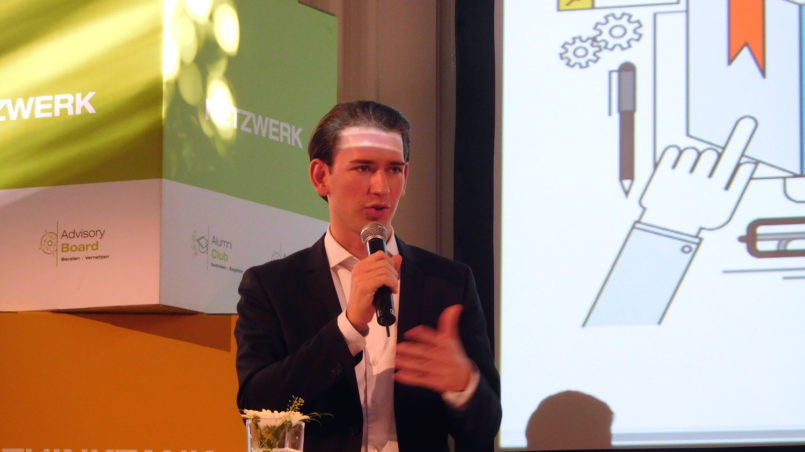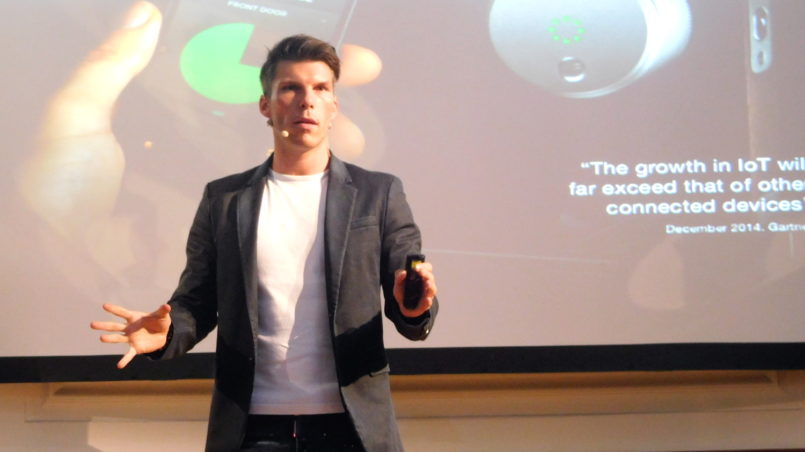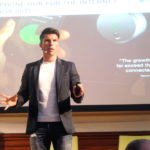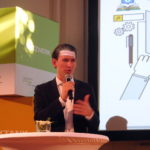Innovation report “Digitalization” by the ÖVP’s Political Academy

The Political Academy, the ÖVP’s ,think tank’, is hosting the presentation of the Innovation Report 2016, devoted to digitization, in the crowded Albert Hall.
Foreign Minister Sebastian Kurz opens the event in his capacity as Chairman of the Political Academy. He warns that there seems to be “more hunger for success in other parts of the world” and that, in the field of digitization “the economy is far ahead of policy”. Politics must face the new challenges in segments such as mobility, education and the labor market.

Florian Gschwandtner, founder of “Runtastic” emphasizes the importance of “values” in a company and attributes a part of his success to team spirit (“a team with a vision”) and diversity. He sees the presence characterized by the fact that everyone has access to knowledge, yet many people are ‘hungrier’ than those in Austria, because they have little to lose. With regard to the transition from the old economy to the new economy, Gschwandtner attests that it is already “5 past 12” for Austria.
Ultimately, he calls for courage and ingenuity (“Think big!”) and for simply trying, because in the end, the worst that can happen is failure.

Johannes Kopf, head of AMS, considers IT skills and intercultural competence as the most important skills for the future. He calls for more creative curiosity and criticizes the Austrian school system with a quote: “The first six years we teach children to walk and speak, the next twelve years we teach them to sit down and shut up”.
Mic Hirschbrich, Director of the expert group, highlights the opportunities granted by the 4th Industrial Revolution, but also emphasizes that the appropriate structures must be created in order to avail these opportunities. He also explores the possibilities of e-learning and the importance of municipalities in the digitization issue. Reporting through “voluntary self-censorship”.
Wolfgang Zankl says that the law is not able to keep up with the rapid developments in the economy (digitization). The statutory law (,hard law’) is “too old, too slow and too national”! One solution he sees in the increased use of soft law (corporate policies).
In a digression, Zankl explains that the data protection law should be founded in contract law rather than fundamental rights. The principle of power equivalence calls for adequacy of performance and reward. If you do not pay for the services of Facebook (with money), you just have to pay with data.
The event convinces with a realistic assessment of the world and the prevailing (technological) trends, as well as a self-critical look at the situation in Austria, but without simultaneously falling into resignation. Rather, the lecturers were able to spread optimism and courage and to convey visions with their consistently exciting speeches.
A very successful event that has raised an athmosphere of change, perhaps emphasized too rarely in Austria!
Translation from German: Serena Nebo


